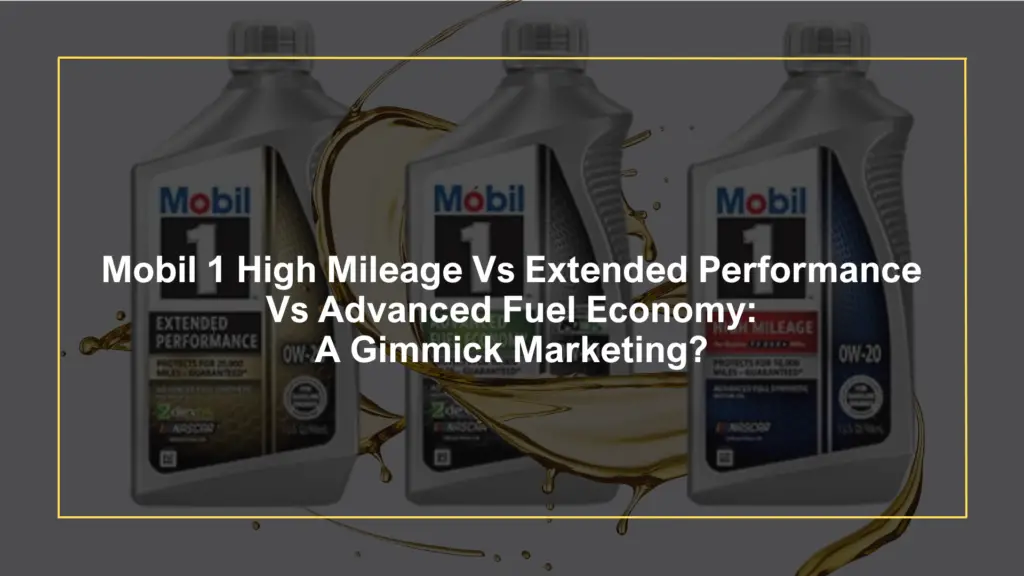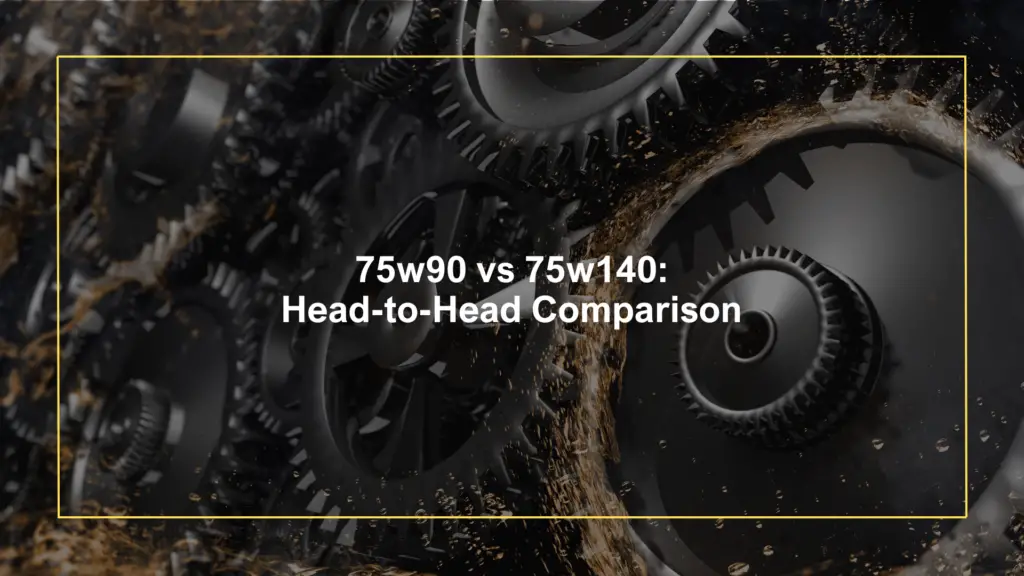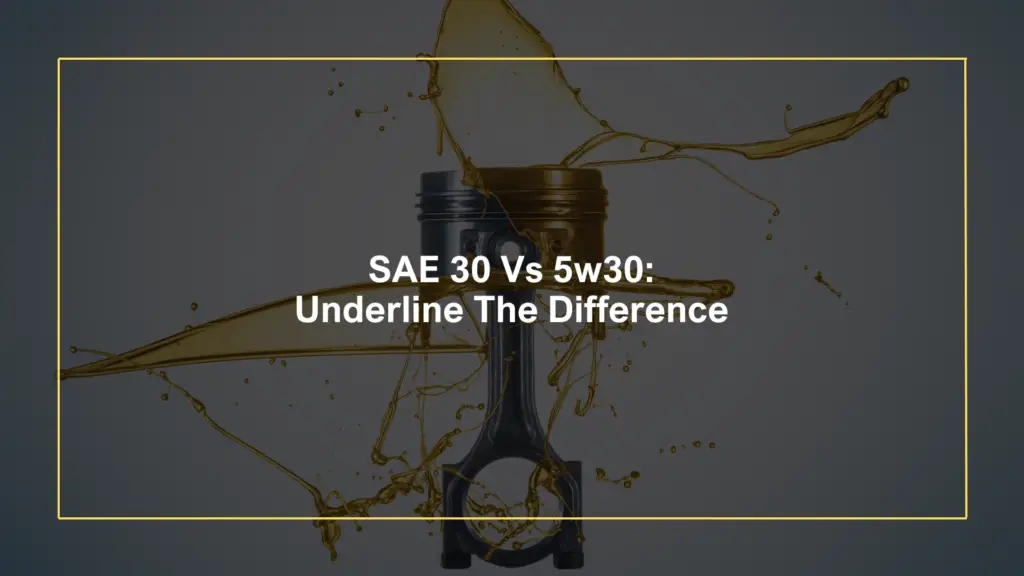Both Valvoline vs. Pennzoil oils follow mostly the same OEM specifications. But possess a lot of differences in terms of patented technology, anti-wear properties, and catalytic performances. Valvoline, an American manufacturer with a history dating back to 1866, contrasts with Pennzoil, which has transitioned under British-origin Shell Inc.
Also, Valvoline is a fully synthetic advanced motor oil formulated with premium quality base oils. However, Pennzoil Platinum uses PurePlus Technology to convert natural gas to a synthetic oil base. Read below for more insights on the Valvoline vs. Pennzoil Platinum motor oil comparison before making the final decision.
Detailed Comparison between Pennzoil Platinum and Valvoline Advanced Synthetic Oil
| KEY PARAMETERS | PENNZOIL PLATINUM | VALVOLINE ADVANCED SYNTHETIC |
|---|---|---|
| Miles between Oil Changes | 5000-7000 miles | 3000-4000 miles |
| Viscosity Index | 161 | 156 |
| TBN Value | 8.4 | 8.1 |
| Phosphorus | 610 ppm | 660 ppm |
| Zinc | 693 ppm | 760 ppm |
| Molybdenum | 80 ppm | 294 ppm |
| Boron | 45 ppm | 119 ppm |
| Base oil | Natural gas | Crude oil |
| Wear Protection | Impressive | Highly impressive |
| Mileage Performance | Impressive | Highly impressive |
| Sludge Prevention | Decent | Highly impressive |
| Viscosity Grades | 0W-20, 5W-20, 5W-30, 0W-16, 10W-30 | 0W-16, 0W-20, 0W-40, 5W-20, 10W-30, 5W-30 |
| Price | Reasonable price | Expensive |
Engine Performance
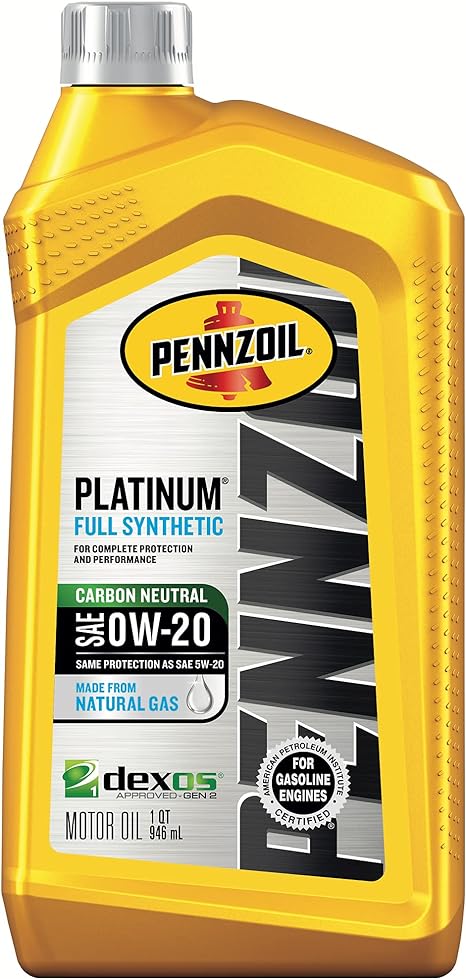
Pennzoil Platinum 0W-20 Motor Oil
Considering the natural gas-based composition of Pennzoil Platinum engine oil, it tends to deliver an extended mileage performance in almost all modern gasoline and diesel engines for up to 75000 miles. Pennzoil Platinum motor oil depicts boosted engine efficiency at cold start, offering superior lubrication for increased fuel economy with 500 extra miles per year.
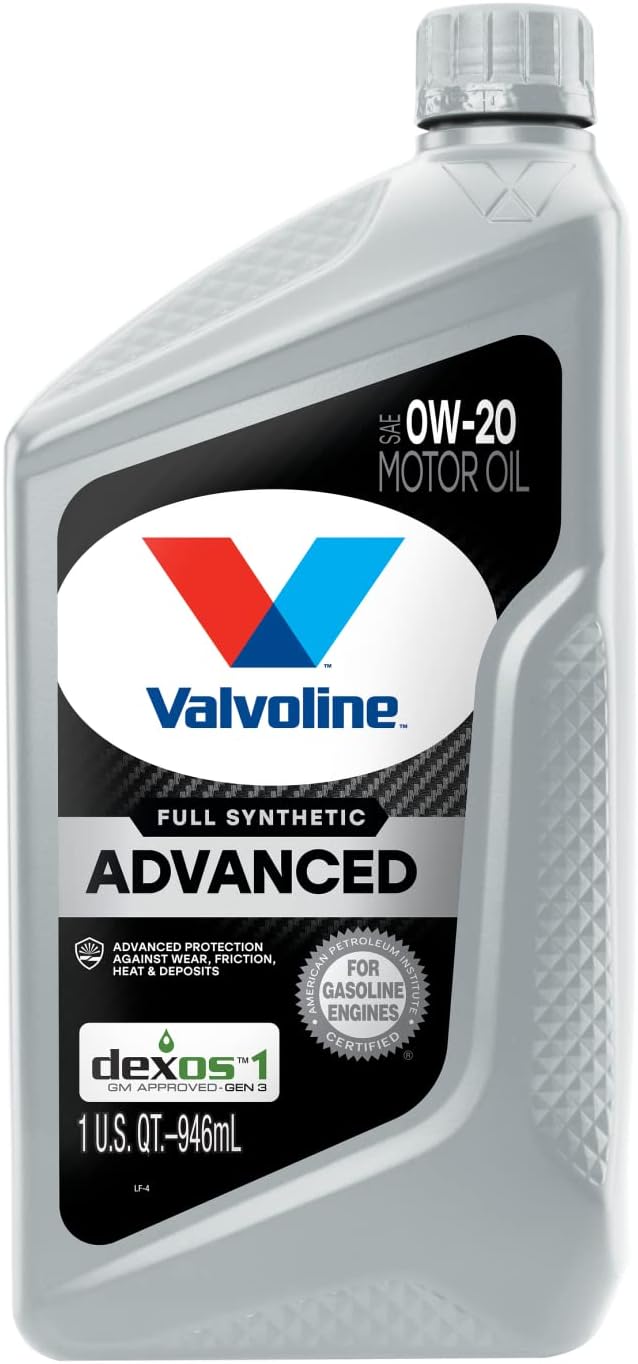
Valvoline 0W-20 Motor Oil
Contrary to Pennzoil oil, Valvoline motor oil is known to provide 40 times better protection. It is due to the value addition of various additives for anti-wear properties. This oil is also long-lasting, owing to the formulation of antioxidants added. They keep Valvoline from breaking down, resulting in prolonged engine life.
Sludge Buildup
Pennzoil vs. Valvoline, both motor oils are formulated with various detergents and dispersants to prevent sludge buildup. But Valvoline has shown better results in this regard. Valvoline oil contains more calcium molecules, which mainly act as detergents, and some magnesium compounds to help reduce sludge. And while Pennzoil has higher magnesium compounds, it doesn’t have enough calcium molecules. This limited calcium content of Pennzoil makes it less effective for sludge reduction, so Valvoline is the ultimate winner here.
Burn-Off Rate
Oil burn-off is a direct indication of its volatility, which refers to the evaporation rate of engine oil. Oil with higher volatility tends to have low flash point temperature, translating into minimum burn-off protection. Compared to Valvoline, Pennzoil Platinum engine oil, with its low flash point, enables quick evaporation and a higher burn-off rate.
On the contrary, Valvoline advanced synthetic motor oil comes with a high flash point temperature. This makes it the most preferred choice with enhanced burn-off protection and longevity.
Wear Off Protection
Engine oil must contain anti-wear agents with friction modifiers to protect critical metal parts against wear and tear, and Valvoline motor oil is way ahead of Pennzoil in doing so. Valvoline has higher amounts of boron additives, zinc, molybdenum compound, and phosphorus that enhance its wear resistance for advanced protection. Pennzoil Platinum, comparatively, has fewer anti-wear additives and thus stays behind its counterpart. Besides superior wear protection, Pennzoil Platinum oil excels at keeping the engine clean and emission-free. This is thanks to Pennzoil’s unique PurePlus Technology, which creates base oil from natural gas, offering better flow than Valvoline’s synthetic oil.
Viscosity
The kinematic viscosity (the internal resistance of engine oils to flow under gravitational force) of Pennzoil is much higher than Valvoline at 100°C and 40°C. It means Pennzoil Platinum has a tendency to perform better than Valvoline at the given temperature. Also, from the context of the viscosity index, Pennzoil shows a higher value than Valvoline, meaning it is less likely to be affected by extreme temperature variations. The pour point temperature of Pennzoil Platinum motor oil is also lower than Valvoline, which indicates its improved economy in a cold environment.
Oil Change Intervals
Regarding how often both engine oils need to be changed, Pennzoil Platinum allows for more ease than Valvoline as it requires oil changing every 5000-7000 miles. In contrast to Pennzoil, it is recommended to do an oil change of Valvoline every 3000-4000 miles.
The reason for this better performance of Pennzoil motor oil lies behind its higher value of TBN (Total Base Number), which helps neutralize acids and contaminants formed during fuel combustion for its improved economy. Since Valvoline has a low TBN value (KOH base). It results in limited power for acid neutralization, which eventually causes corrosion, lessening the overall fuel economy. As a result, Valvoline motor oil has shorter intervals between oil changes as compared to Pennzoil.
Cost
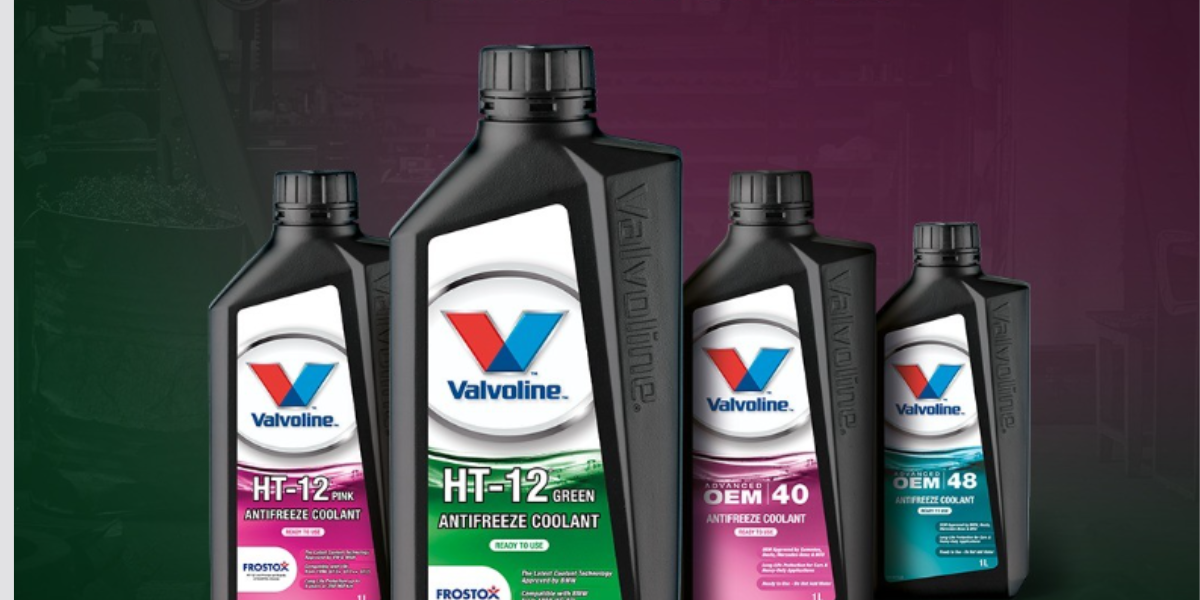
The cost-effectiveness of both Pennzoil and Valvoline depends on the type of engine oil used, its volume, and vehicle engine needs. As Pennzoil Platinum, fully synthetic oil comes from natural gas, it costs relatively less than Valvoline advanced motor oil.
Pennzoil Platinum 0W-20 synthetic oil of 5 qt volume will cost around $23. While for the same volume, one can get Valvoline 0W-20 fully synthetic oil for approximately $33. Therefore, for people who are tight on budget and want an affordable option, Pennzoil Platinum motor oil is the right choice engine oil with more cost-effectiveness than Valvoline.
Is There Any Similarity between Valvoline vs. Pennzoil?
Pennzoil and Valvoline engine oils are compatible with a wide range of older and modern diesel and gasoline vehicles, including SUVs, trucks, pickups, and cars.
Whether you need high-mileage performance or low-mileage, peak performances, or day-to-day highway driving, both Pennzoil and Valvoline engine oils are equally reliable brands. Furthermore, each brand showcases a wide range of viscosity-grade, semi-synthetic, or fully synthetic engine oils to meet the needs of different vehicles.
Expert Analysis
On Pennzoil Platinum Engine Oil
According to experts’ reviews on this high-quality engine oil, one of the most prominent aspects of Pennzoil they have concluded is its ability to provide 45% improved protection against friction and carbon deposits. This increased protection keeps the engine from losing power, allowing for cleaner pistons and high fuel economy. Most customers have also given their verdict on how Pennzoil Platinum utilizes advanced technology in formulating natural gas-based synthetic oil. Using this technology, Pennzoil not only makes engine oil highly pure and free from pollution-causing impurities but delivers the same mileage result and engine efficiency as expected of other synthetic oils with crude oil bases.
On Valvoline Synthetic Motor Oil
Experts tested Valvoline motor oil against industry-leading synthetic oils, and the result came as 24 times better protection against corrosion to maximize engine life. Moreover, as reviews given by customers, the presence of performance boosters and additives has made Valvoline one of the most robust, fully synthetic motor oils to resist engine wear for a highly upgraded fuel economy. All this gives Valvoline fully synthetic oil a huge edge to take the crown as the leading motor oil than its competitor Pennzoil motor oils.
Related Reads:
- Kirkland Synthetic Oil vs. Mobil 1: Determining the Best Performance Compare the performance and quality of Valvoline and Pennzoil with other leading brands like Kirkland and Mobil 1 to find the best engine oil – Learn more.
- Best Oil For 6.7 Cummins 2022 Discover how Valvoline and Pennzoil perform in high-performance engines like the 6.7 Cummins to determine the best oil for your needs – Read more.
- Liqui Moly vs. Mobil 1 – Which is the Better Option? Explore how Valvoline and Pennzoil stack up against other top brands like Liqui Moly and Mobil 1 in terms of quality and performance – Find out more.
- Best Oil For 7.3L Powerstroke Learn how Valvoline and Pennzoil compare in providing optimal performance for the powerful 7.3L Powerstroke engine – Explore here.
- Pennzoil Vs Castrol: Head-To-Head Comparison Dive into a detailed comparison between Pennzoil and Castrol to see how Valvoline measures up against these competitors in the engine oil market – Discover now.
